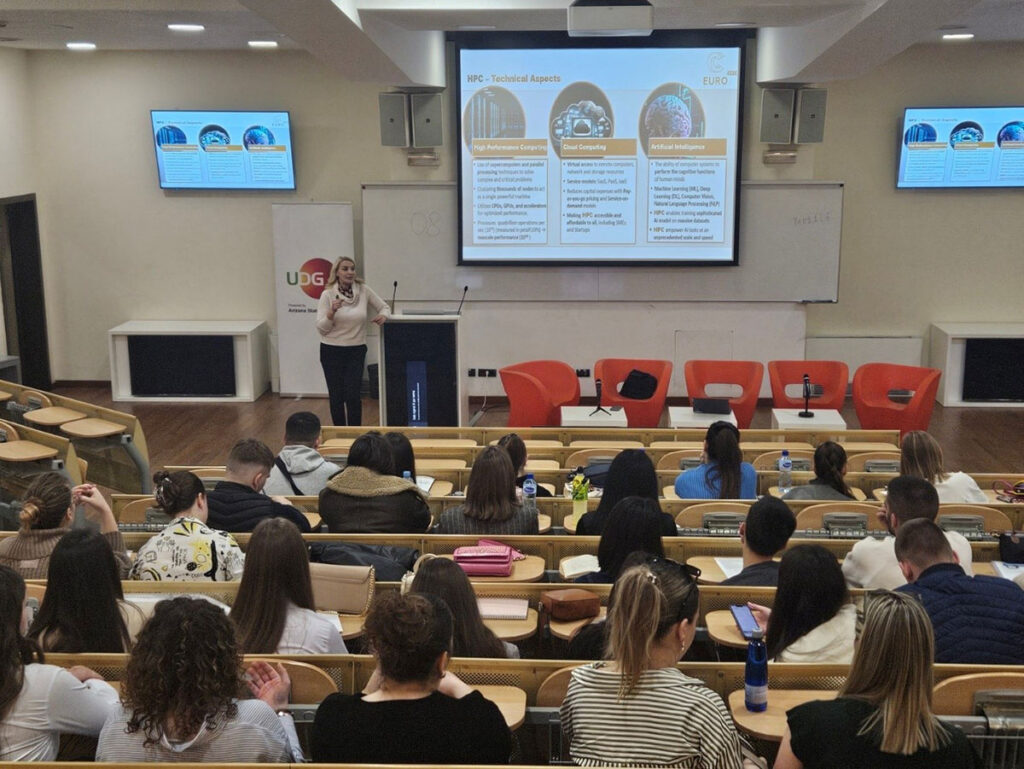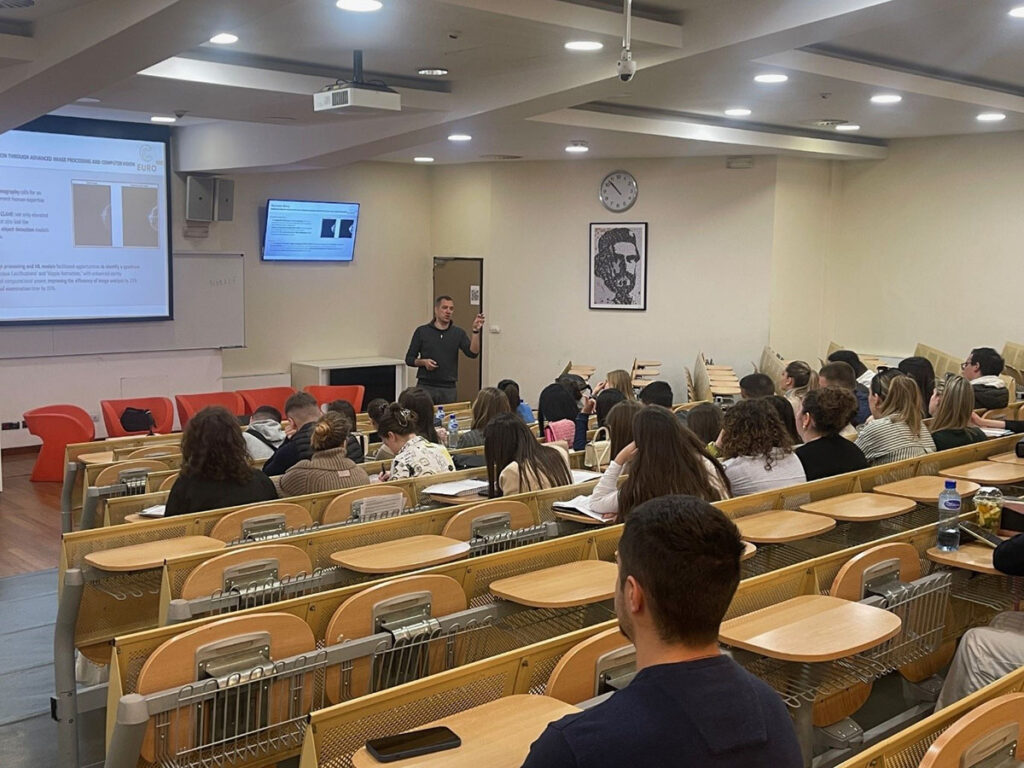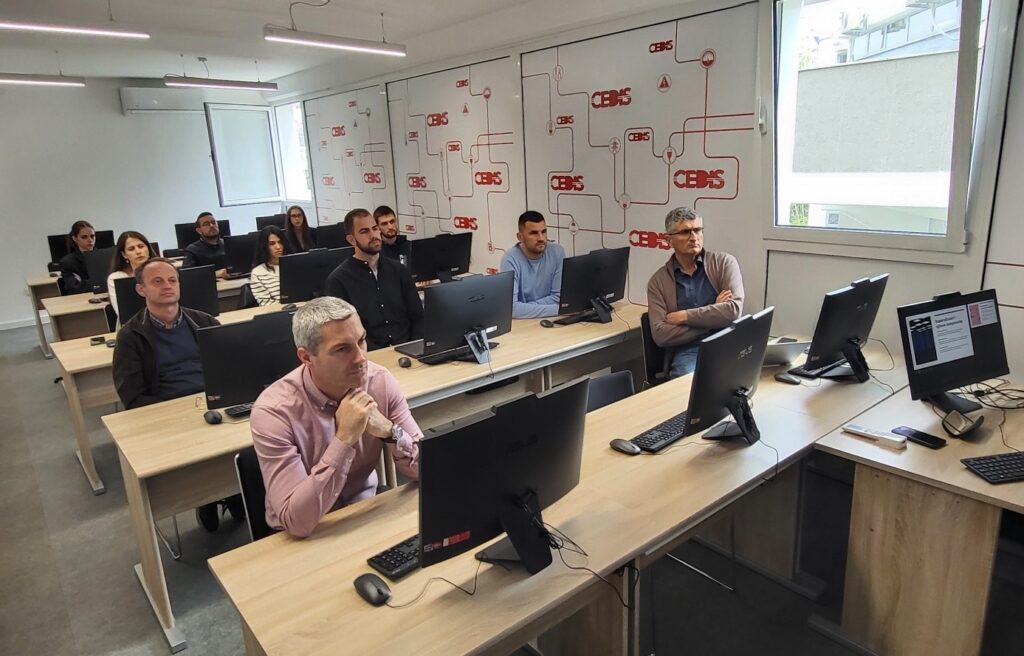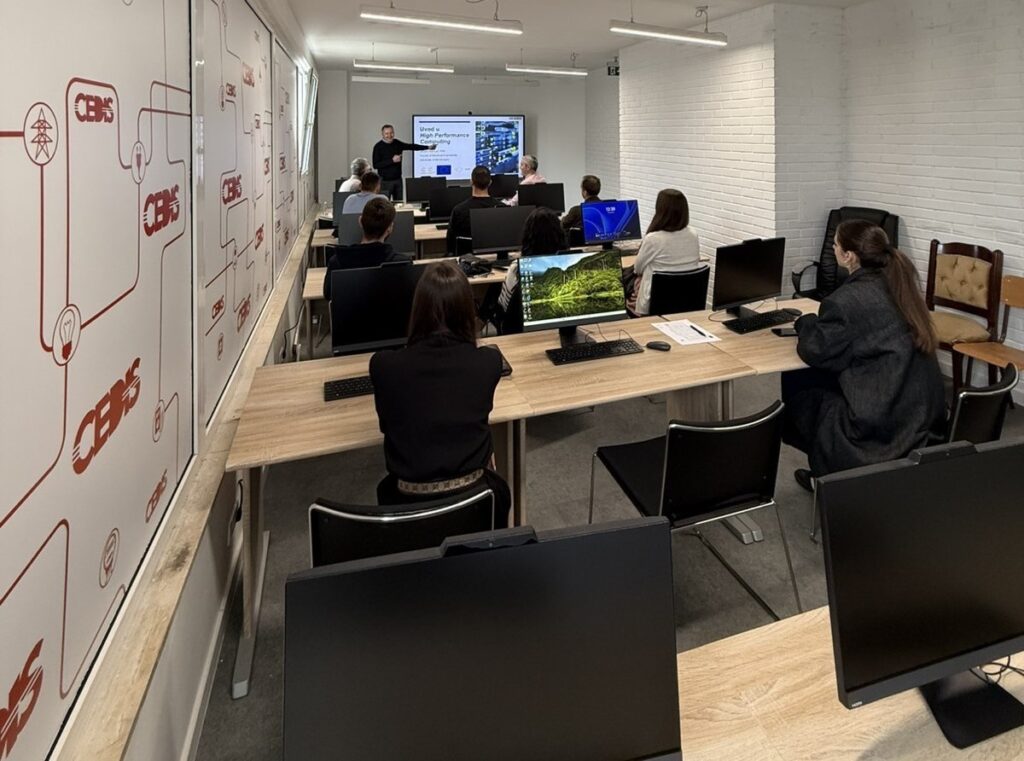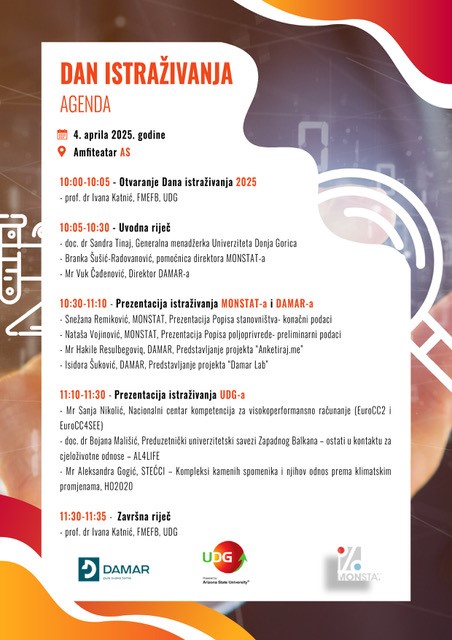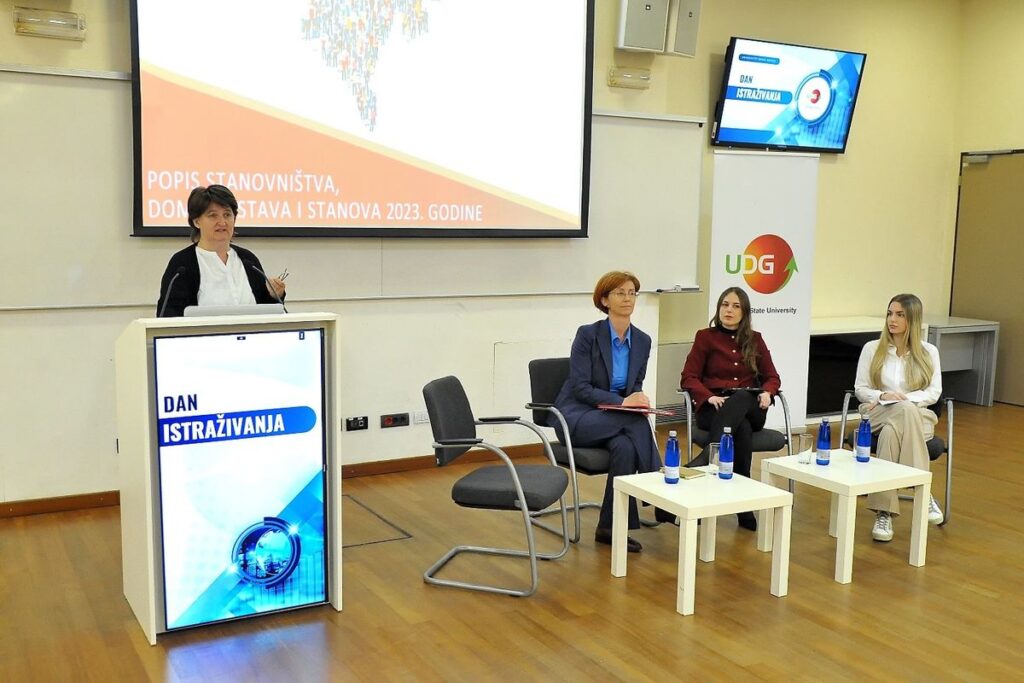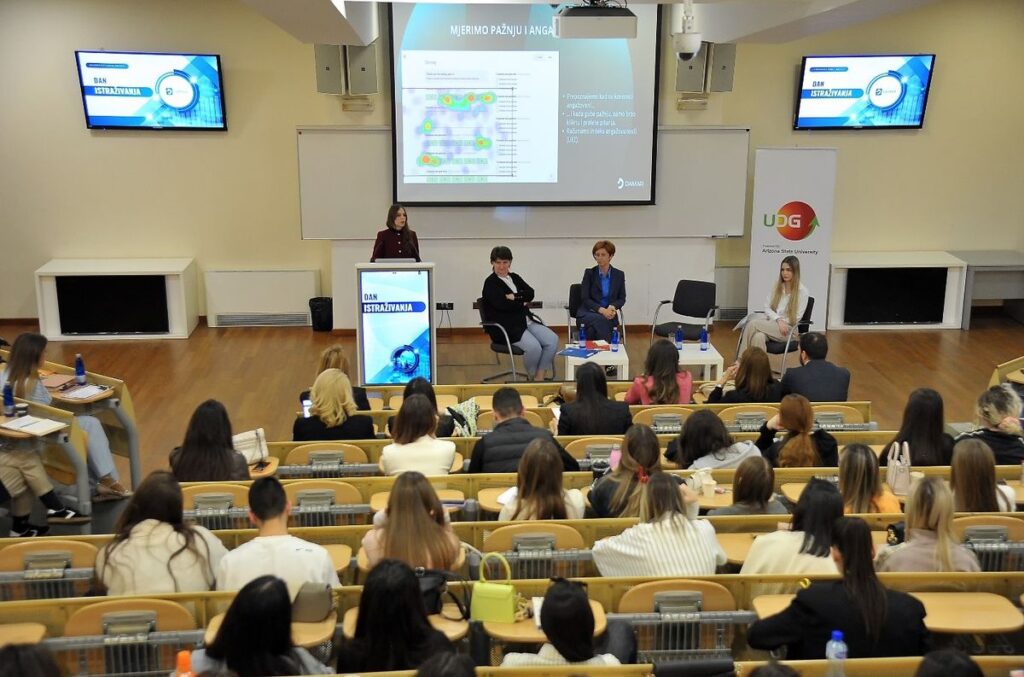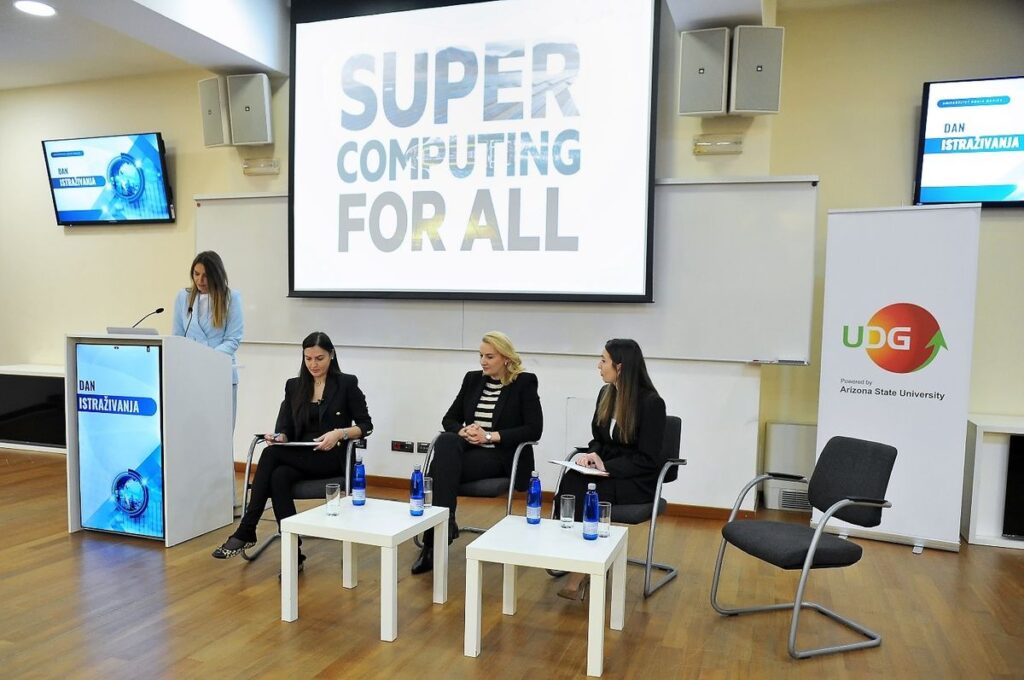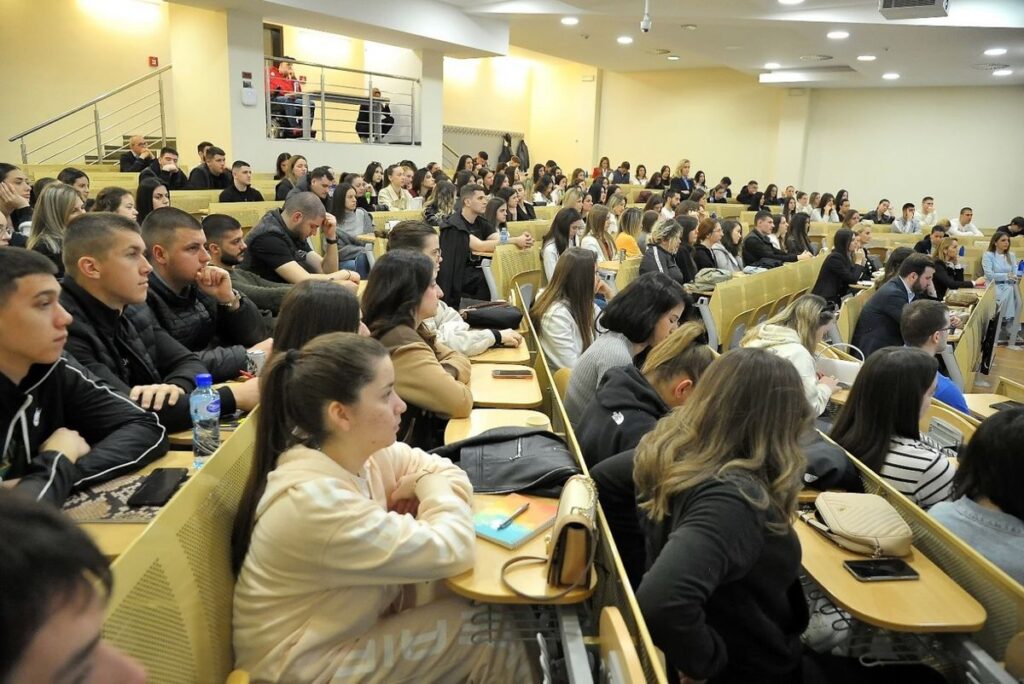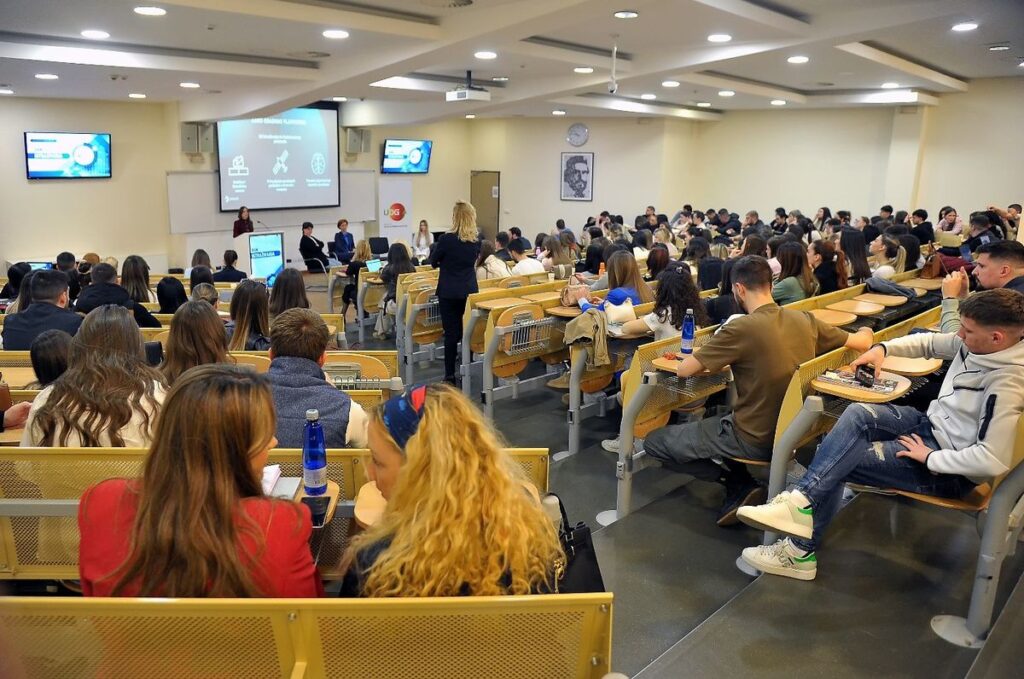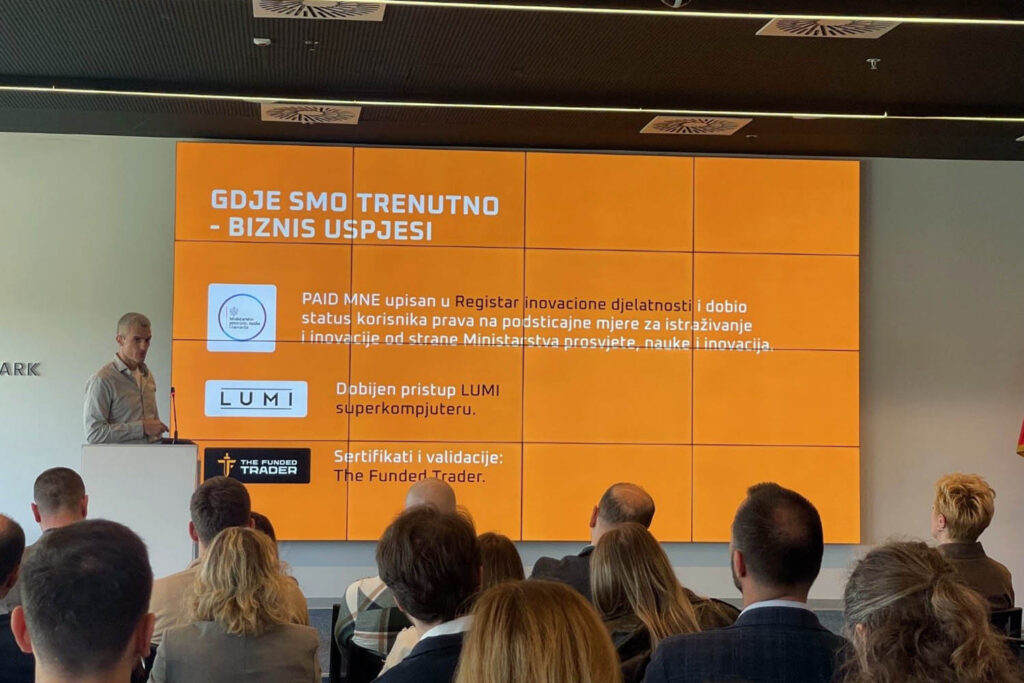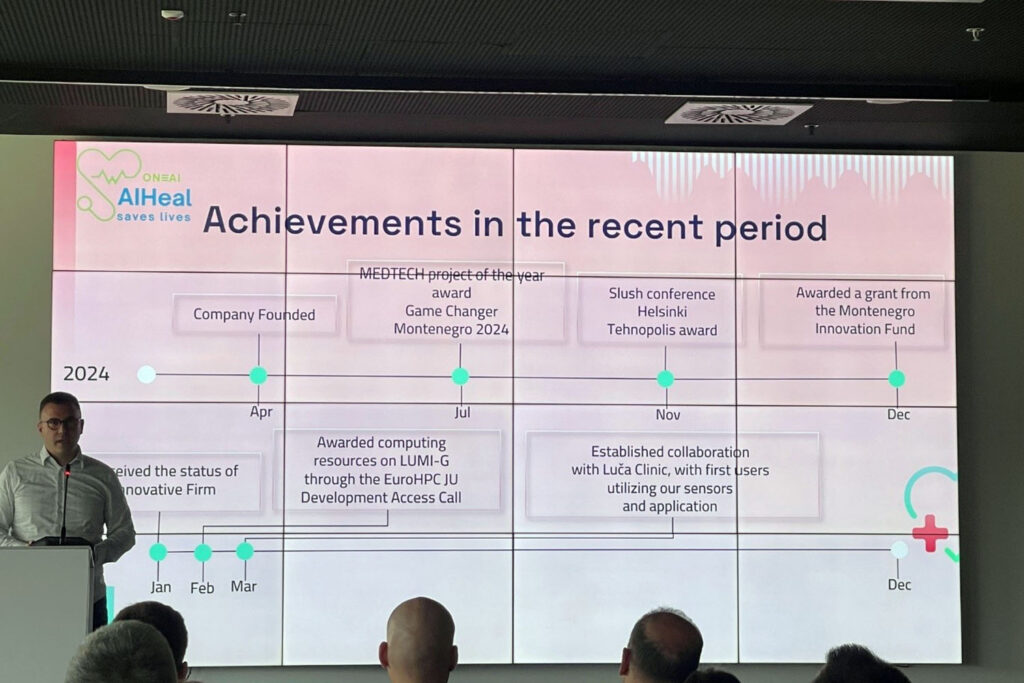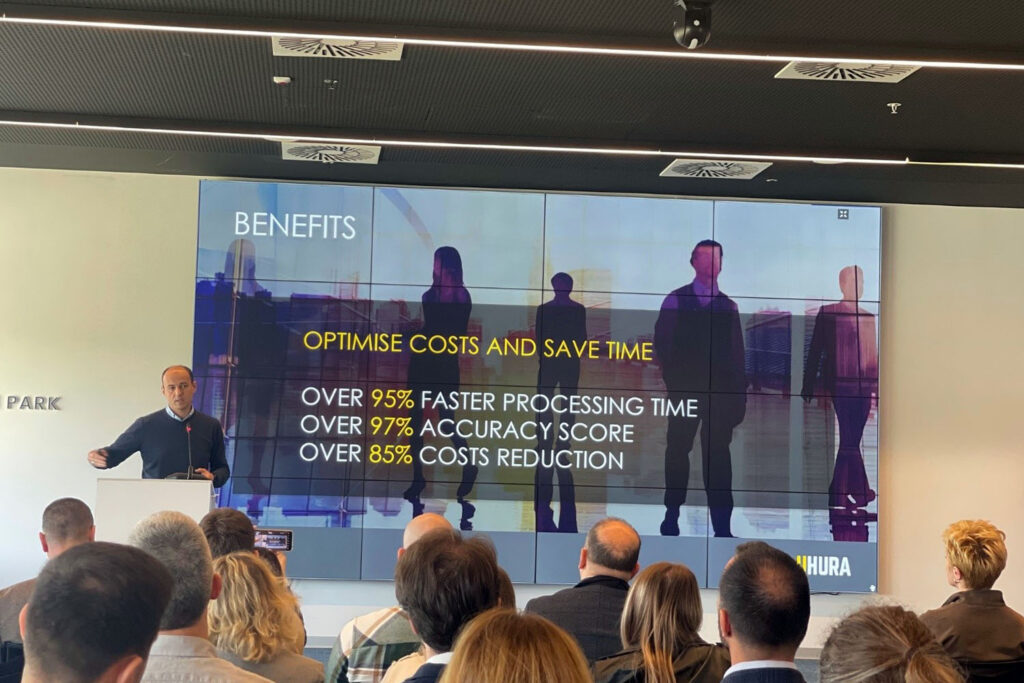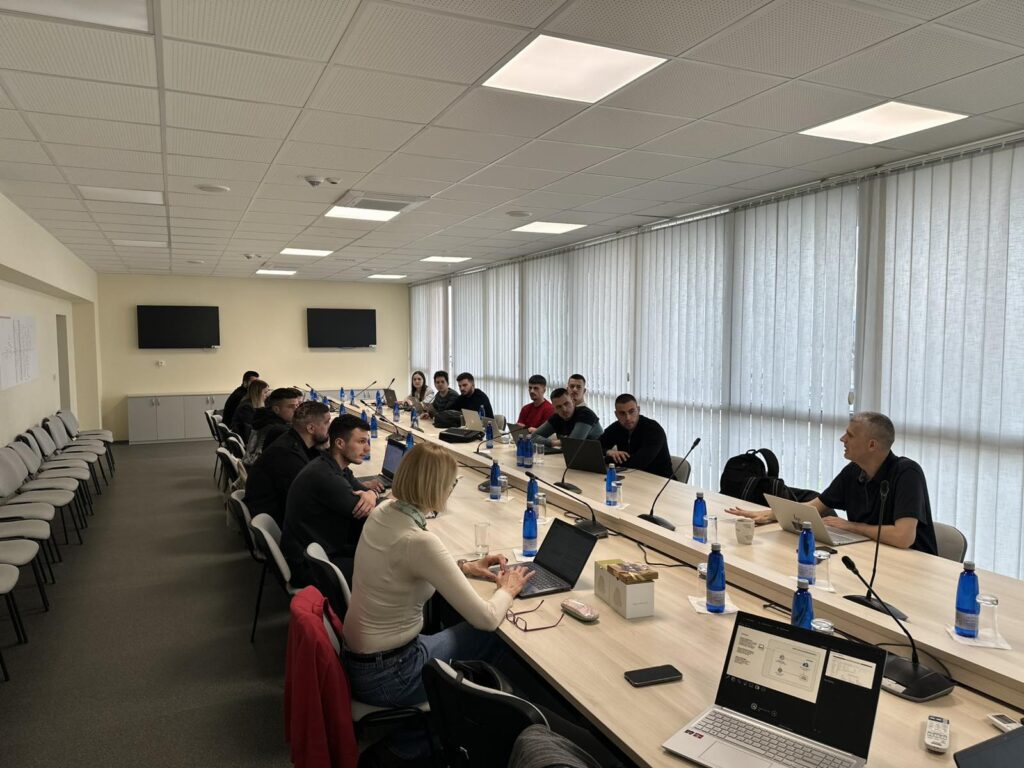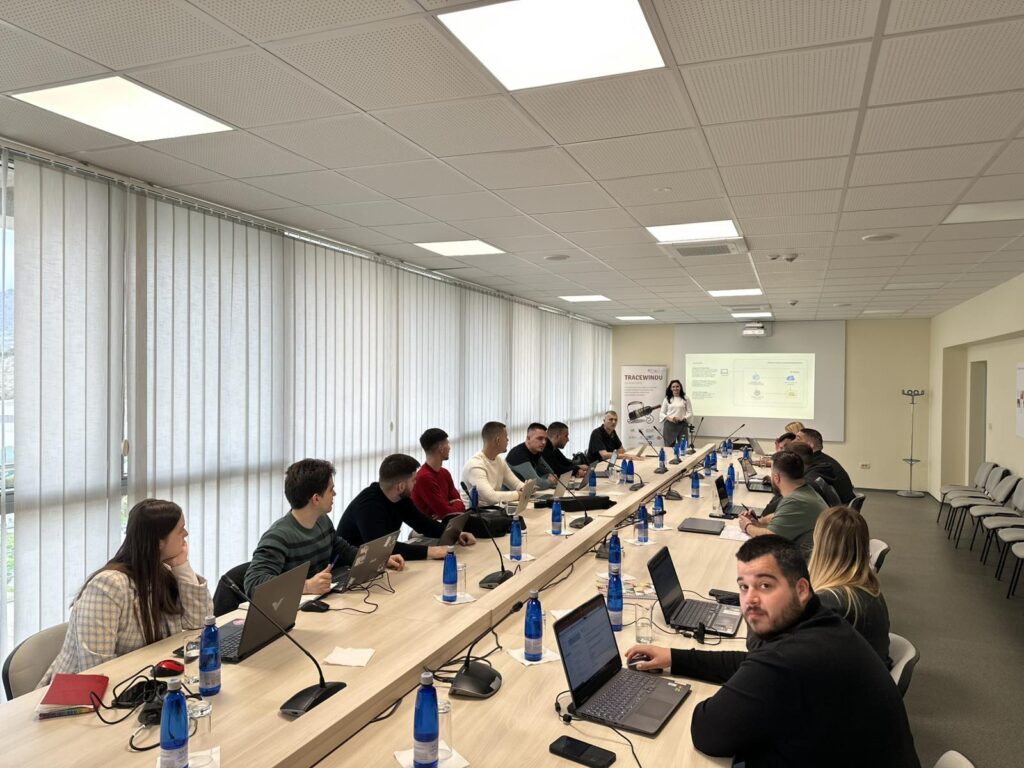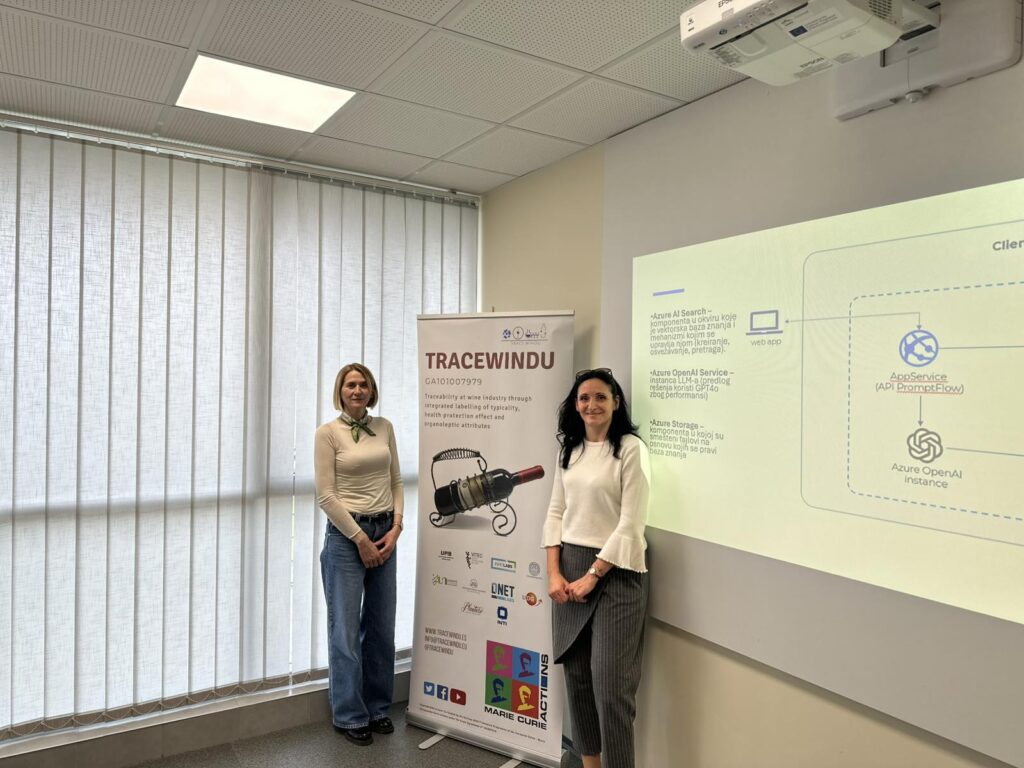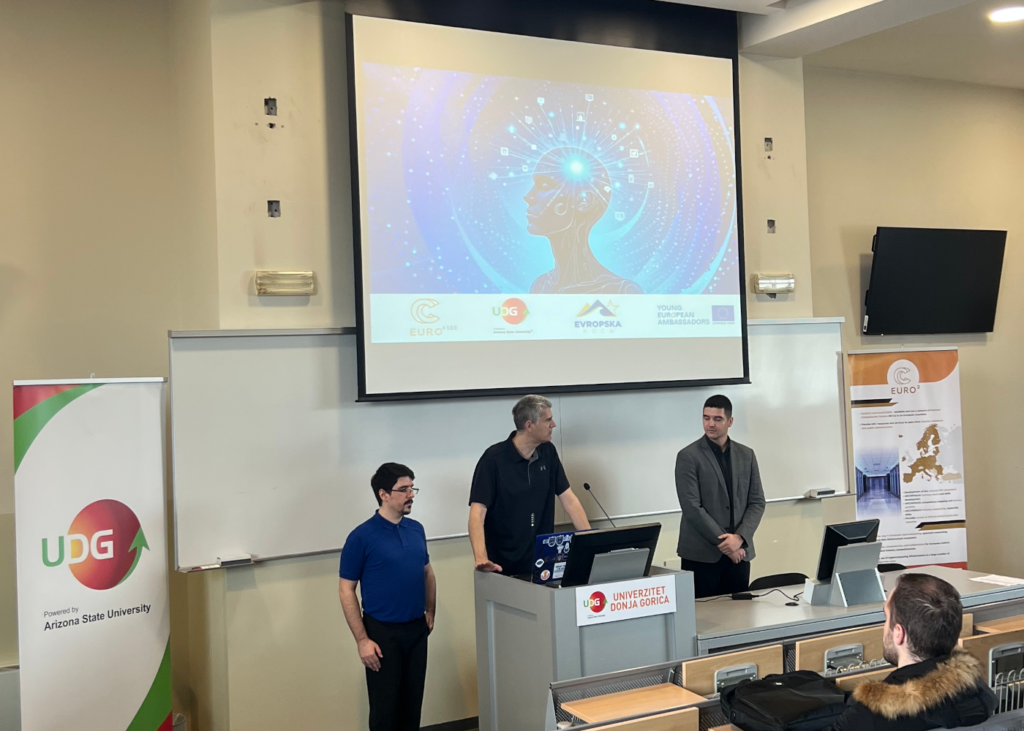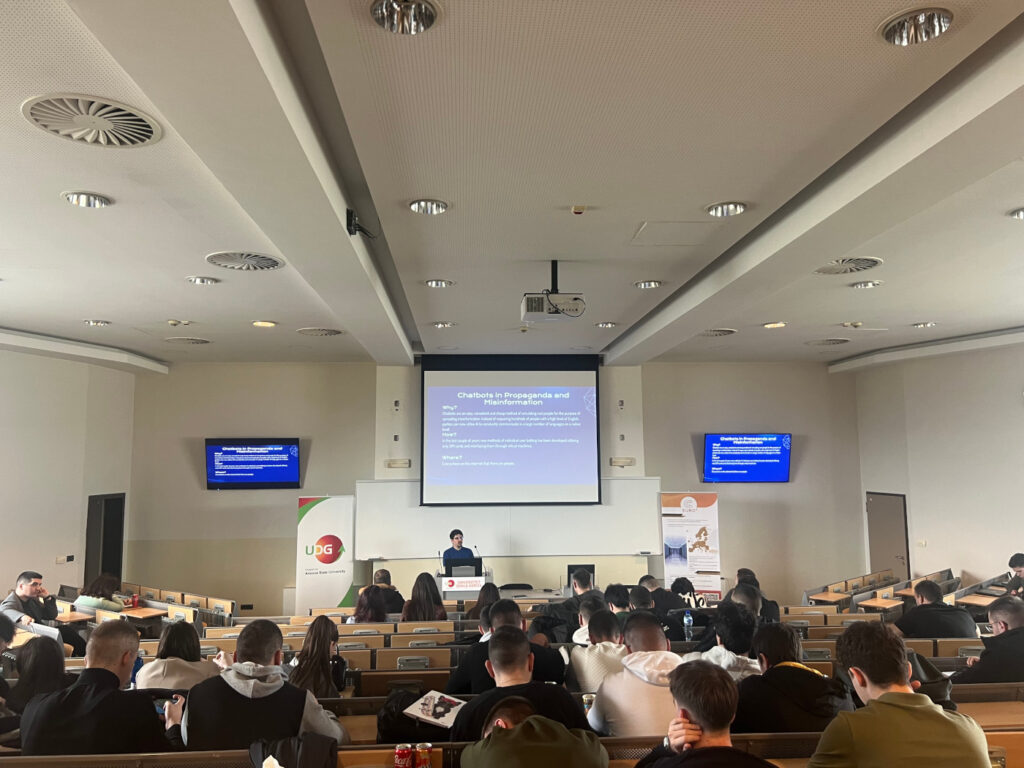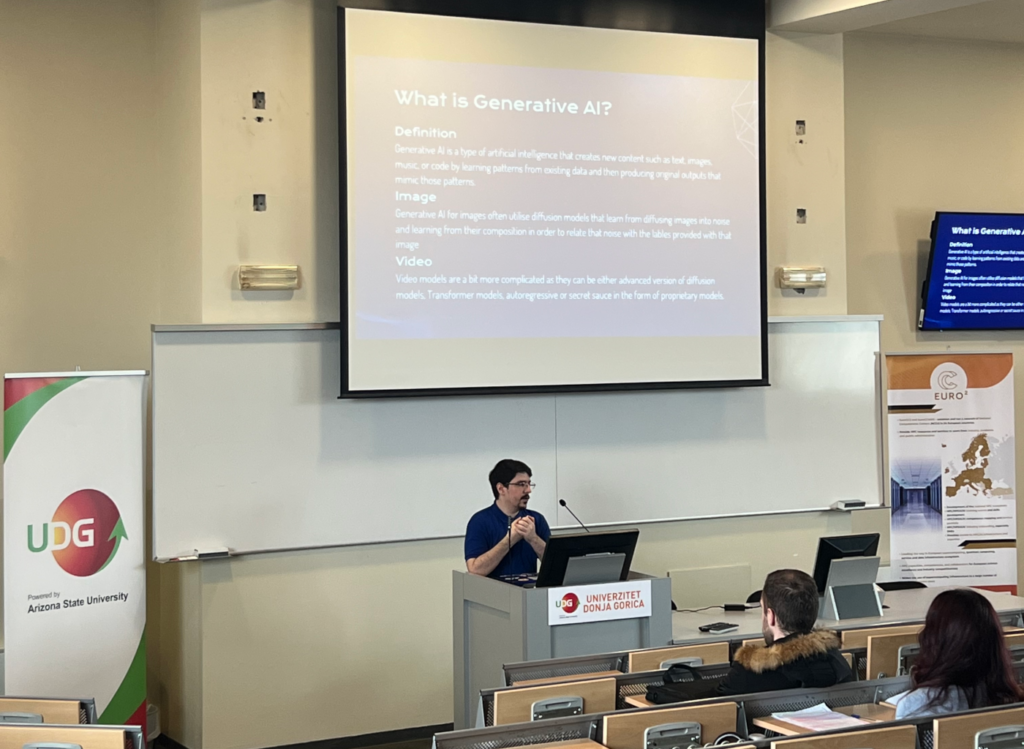In collaboration with ICT Cortex, we are organizing a workshop “Innovation through Supercomputing in AI – an opportunity to improve your business”, on the topic of #HighPerformanceComputing and #ArtificialIntelligence technologies, intended for innovative IT companies, #SMEs and startups that want to improve their products, services and business processes using cutting-edge digital solutions.
With the support of experts, participants will learn how to use HPC technologies for accelerated development of AI models, how to access leading European supercomputing resources and how to improve their software solutions with significant time and resource savings.
The workshop is organized as part of the set of training events of the EuroCC2/EuroCC4SEE (Digital Europe) project, and is implemented by the National Competence Center (NCC) Montenegro.
Join us on Wednesday, April 23, from 1:00 PM at the Entrepreneurial Nest, UDG and learn more about #NCC technical support and the benefits that the European supercomputing infrastructure offers to the business and public sectors.
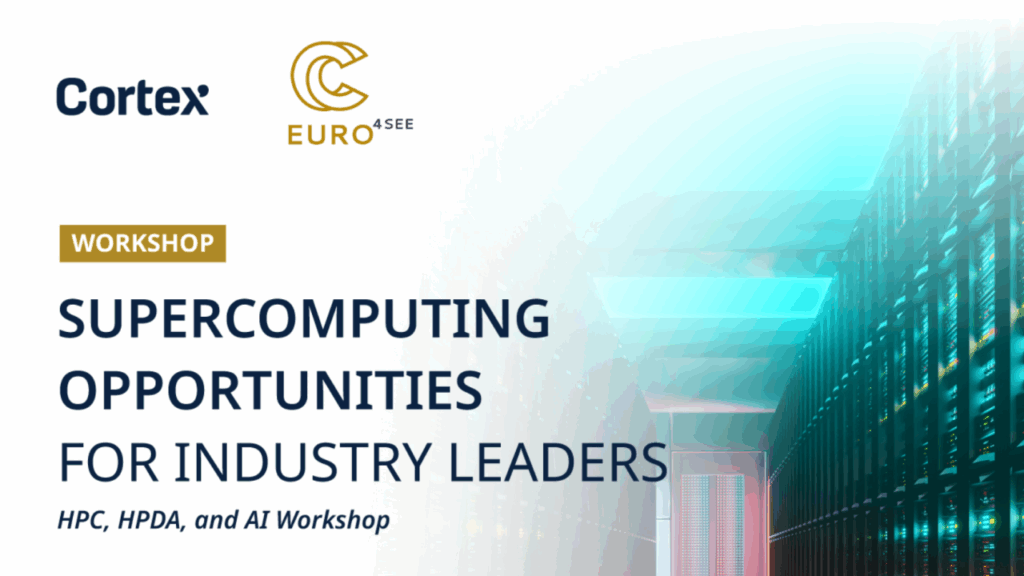
Agenda
INTRODUCTION TO HPC TECHNOLOGIES AND NCC MONTENEGRO
13:00 | NCC Montenegro: Drive Your Innovations with HPC
Sanja Nikolić
HPC & AI: Turn Your Data into Action
HPC/HPDA/AI Training and Service Portfolio
HPC4SME: Automated Assessment Tool
13:30 | NCC Montenegro: Gateway to European Supercomputers
Luka Filipović
EuroHPC: Democratizing Access to Supercomputing
Overview of Open Access Calls – How to Apply?
MNE COMPANIES LEADING WITH AI AND SUPERCOMPUTING
14:00 | Panel Discussion: HPC & AI in Action
Moderated session featuring leading IT companies
- Milutin Pavićević, ALICORN
- Marko Lekić, FLEKA
- Đuro Stojanović, UHURA
- Nebojša Janović, PAID-T
COCKTAIL & NETWORKING
15:00 | Informal Networking & Refreshments


